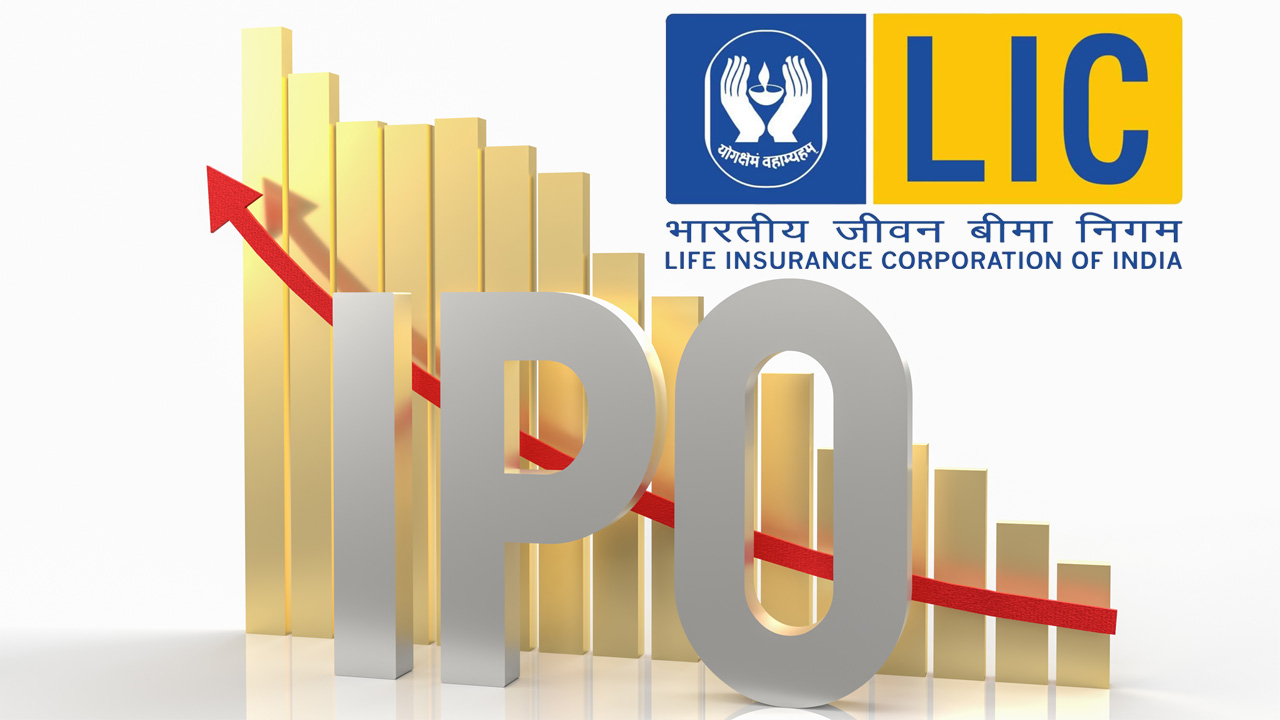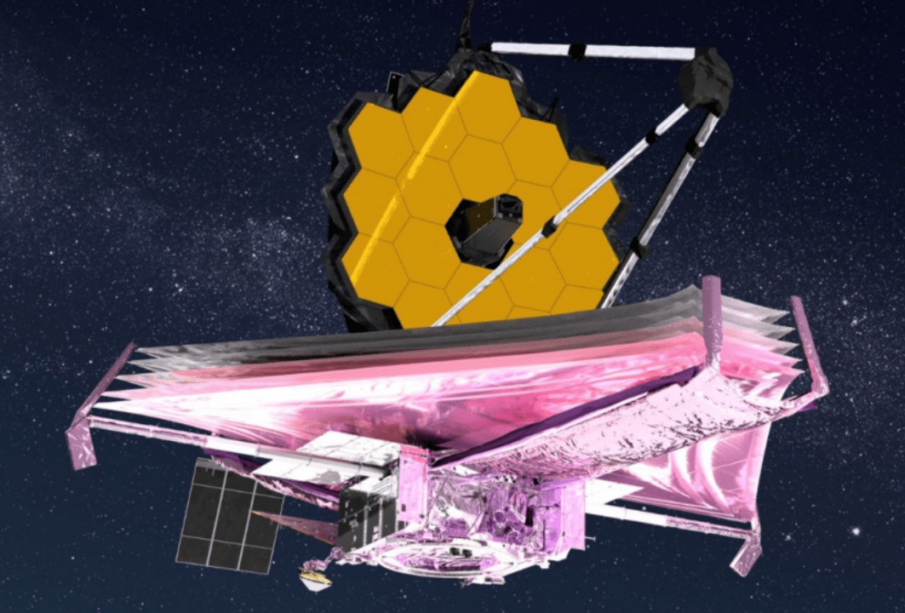How will the market for data center equipment continue to grow?
All hardware components used in data center equipment are included in data center equipment. This includes modems, routers, modems, and servers as well as cables and any other hardware components that are required to perform core IT tasks.
The data center hardware comprises storage devices and drives, as well as special cooling systems that are used to maintain the correct temperature within the data center.
This article will focus on the market for data center equipment. Let’s get started!
Data Center Equipment Market
In 2021, the global market for data center equipment was anticipated at over $50 billion. It is expected to grow at a CAGR (compound annual growth rate) of 12% during the analysis period of 2022 to 2028; the data center equipment market will reach $120 billion by the end of it.
On a regional basis, the global market for data center equipment is segmented as follows:
- The Asia-Pacific market segment is expected to maintain a 13% CAGR from 2022-2028.
- In Europe, Germany has one of the highest compound annual growth rates of 15%.
- In 2021, the European segment was expected to have a market share of 30%.
- The US market segment is expected to maintain a CAGR of 18% during the analysis period.
The following industries are driving demand in the data center market:
- Government
- Manufacturing
- Banking, financial services, and insurance (BFSI)
- IT
- Healthcare
- Telecommunications
- Energy
Data Center Equipment Features
There are four main categories for hardware components in a data center. These categories can be grouped according to how they relate to the primary architecture.
Storage Equipment
Data is stored in the storage segment of a data center after processing. Data centers’ storage equipment allows them to access, retrieve, distribute, and access archived applications and data.
There are many types of storage equipment available:
- Tape drives
- Hard drives
- External storage for backup & archiving
Computing And Processing Equipment
A data center is a central point that requires robust and high-performing computers. These are responsible for processing large amounts of data needed by users.
This typically includes:
- Servers
- Server racks
- User desktops
Maintenance Infrastructure
Large and fully connected data centers need a sustainable infrastructure and dedicated maintenance to work correctly. This includes the server and processor room temperature control and adaptable power supply solutions.
The following are necessary things for data center maintenance:
- Uninterrupted power source
- Airflow control
- HVAC or cooling systems
- Humidity control
The quantity and variety of secondary data center equipment differ depending on the data center’s technology and size. While some architectures bring resources together in a centralized local spot, others rely entirely on layers and different dimensions.
The types of data center networks are as follows:
- BCube
- Fat Tree DCN
- DCell
- Three-Tier DCN
Networking Equipment
The stored data and the processing power of a data center must be easily accessible to users who require it. Additionally, networking equipment enables data centers to link with one another, facilitating collaboration and providing access to a larger pool of storage and computing resources.
Equipment for data center networking includes:
- Routers
- Switches
- Cables
- Modems
- Physical firewalls
Green Data Centers
By 2025, data centers will consume 33% of all electricity in the ICT sector (information and communications technology). They will be followed by networks and phones at 10% and 15% respectively.
Data centers will be more popular as their consumption capacity increases. This means that there will be more demand for energy-efficient and compact designs. To keep up with industry developments, data center solutions will be used by more consumers.
Markus Lutz, a member of the Forbes Technology Council, said, “Given rapid demand for cloud services and data center capacity, as well as more data, it is vital to use energy efficient data centers with smaller carbon footprints.”
“Top cloud and colocation service providers today are committed to sustainable goals and practices. They are implementing green data centers that use cutting-edge eco-friendly systems.”
Advantages Of Data Center Equipment
There are many essential benefits to using data center technology, whether it is ready-for-you or in-house services. Additionally, data centers alone can significantly improve work efficiency, enhance data security, and cut expenses.
Furthermore, when it comes to the data center hardware component, selecting the best and highest-quality solutions available in the market is essential, whether it is for internal usage or external customers.
- Network capacity
- Off-network scalability
- Environment sensitivity
- Hardware compatibility
- Improved agility and flexibility
- Reliability and longevity
“A typical data center has hardware containing hardware units that cater to the system’s data storage, networking, and computing requirements. These racks are designed to centralize data processing, and keep processes running with as little downtime as possible,” says Hardy Racks, a Chennai-based manufacturer of server racks.
“Management and maintenance of the physical hardware require strict adherence to specific procedures and policies that need to be followed. This could involve downtime protocols, scheduled servicing, or even housekeeping.
Data Center Equipment Use Cases
As the main building blocks of a data center system, specialized hardware can also be used in various ways to achieve specific goals.
#1. Cloud Company
Santa Clara, California-based cloud company offers cloud storage, computing, and processing services to clients all over the country.
To rebuild its infrastructure, the company needed an IT partner with structured cabling and IT experience. The firm first focused on Santa Clara’s data center. It was looking to upgrade its equipment and maximize resource use, as well as prepare for future purchases.
Mirapath was also a partner and the firm selected its highly-experienced project management team for procuring, designing, and installing high-density data center infrastructure equipment.
Mirapath was involved in several stages of the design and procurement of infrastructure for the company, procuring over 80 servers, cabinets, and networks
It is reliable, provides high-quality services, and offers reasonable prices. Mirapath’s professionalism and service have consistently met or exceeded our expectations, according to the senior cloud manager.
Mirapath’s team managed several vendors to build the data center. It provided technical and white-glove support to ensure that the project was completed on time and within budget.
#2. Datanet
Datanet is London-based connectivity and data, hosting provider. It makes use of virtual network technology, which allows clients to scale quickly and provide advanced security services.
The network’s age was unable to keep up with the increasing demand for speed and security. Datanet had to think out of the box in order to upgrade its network capacity to 10 Gbps using a small budget.
Datanet created redundant data centers using Juniper Networks’ firewall, routers, and switches by switching suppliers. kept the processes internal and created a simulation of the network in its own facilities.
Conleth Mcallen, Datanet’s managing director states that “Deploying firewalls for virtualized network functions is better than deploying hardware, and we can provide them instantly without any hardware deployment cycle.”
“Planning” and “Testing” are also important, especially as we were changing vendors. Juniper’s experience with Juniper was great. They’re focused on creating carrier-grade solutions, which are ideal for providers such as ourselves with dynamic and complex needs.
Datanet has attracted new clients to its cloud, backup, and recovery services by increasing network bandwidth.It could also increase its network performance by not using as many resources from the data centers.
its network performance without using as many data center resources.
#3. Health Care Company
This Massachusetts hospital is one of the largest pediatric medical centers in the country. It is also nationally ranked for patient care.
The hospital quickly ran out of hardware storage and needed a solution to increase capacity. Because increasing capacity through an OEM (original equipment manufacturer) was out of the hospital’s budget, it searched for in-house storage solutions.
Moreover, ReluTech allowed the Massachusetts hospital to upgrade its data center hardware less expensively than they expected. ReluTech was capable of offering the facility four times more storage than it would have received with an OEM solution.
The hospital’s Director of Infrastructure said, “Working in one of our largest children’s research centers; I know that every dollar I save at our data center can go towards research that will ultimately save many young lives.”
The hospital could save 75% on hardware and maintenance costs by partnering with ReluTech.
Data Center Equipment Suppliers
The following are some of the top providers of data center hardware and equipment in the market:
- AWS
- Verizon
- IBM
- Digital Reality
- Cisco
- NTT Communications
- Extreme Networks
- Juniper Networks
- Coresite
- Equinix
Conclusion
The market for data center equipment is expanding rapidly. It is predicted that it will reach $120 million by 2028. This is due to increasing demand for data center services, growing numbers of data centers, and rising use of cloud-based services. As a result, data center equipment manufacturers can expect significant growth in their businesses in the coming years. Organizations looking to invest in data center equipment should consider the latest technologies and trends to stay ahead of the competition.
Thanks for reading!
ABOUT AUTHOR
Steven Burnett has over 15 years of experience in a range of industries and domains. Steven has a flair for gathering data and information through extensive research efforts, and has a strong set of skills to cover almost any domain with ease and produce reports that are easy to understand and aid in making well-informed decisions. You can get in touch with him here. Phone No: +1 315-447-6937 Email: steven.b@coinlaw.io









